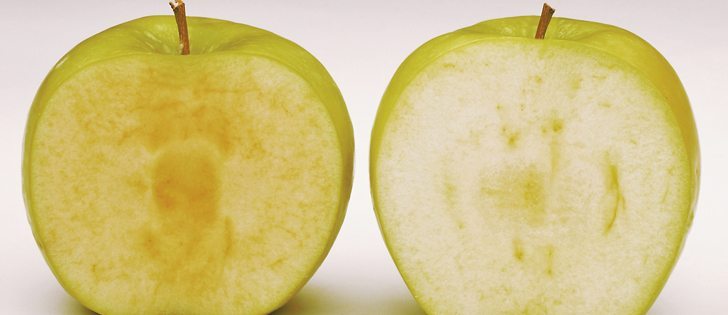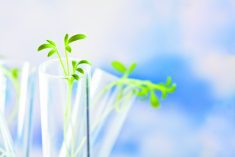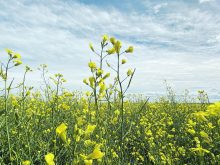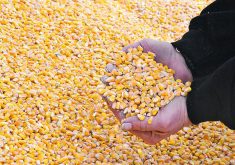This is a response by Robert Saik to the Op-Ed published (in The Western Producer) Sept. 4 entitled, “Public review urged for GM apple,” by British Columbia New Democrat agriculture critic and MLA Nicholas Simons.
As I read this article, I got the feeling that Mr. Simons was either unaware of many of the facts regarding the due diligence that is done with respect to GMO crops, or was fear-mongering, or was playing politics, or all of the above.
This July I spent time in Summerland, B.C., with the Okanagan Specialty Fruits team, including founder Neal Carter.
Read Also

Proactive approach best bet with looming catastrophes
The Pan-Canadian Action Plan on African swine fever has been developed to avoid the worst case scenario — a total loss ofmarket access.
I was impressed by the volume of work and the immense cost involved in bringing a genetically modified crop such as Arctic apples to market.
So when I read the Op-Ed where Simon says, “Public review urged for GM apple,” and that he is “concerned about the prospect of a company in B.C. introducing a genetically modified apple into the marketplace without any prior health, environmental or economic impact assessment,” I thought that he simply did not have all the facts ….
These apples, called Arctic apples, are subject to an incredibly rigorous federal review process that has already been underway for nearly three years and examines a wide variety of risk factors.
These apples have been grown in field trials for more than a decade, and are likely the most tested apple on the planet. There are literally hundreds of pages of publicly available documents detailing the testing that’s been performed, most of which has been carried out by independent horticultural specialists.
There are even official government assessments published last November from the U.S. Department of Agriculture, another federal agency reviewing these apples, which discuss at great length how and why Arctic apples will not present any environmental risks.
Among these reasons is the fact that these apples grow, flower and re-spond to pests the same as their conventional counterparts.
Testing has also proven that they have the same nutrition as their conventional counterparts and contain no novel proteins.
The only difference is that Arctic apples produce less of a single en-zyme, polyphenol oxidase, which causes apples to brown when bitten, sliced or bruised.
This small change can result in a wide range of benefits including reducing food waste, boosting apple consumption due to increased convenience and reducing the need for anti-browning treatments in dried and fresh cut apple products.
Nicholas Simons has allied himself with a group called GE Free B.C., who, per their own mission statement, envision a “Canada where no genetically engineered life forms are created, patented, approved, bought, sold or traded.”
To me, missions such as this simply choose to ignore the vast benefits to farmers, the environment and consumers provided by GM technology.
This is not exactly the most even-keeled reaction to the fastest adopted crop technology in history, especially one that has an impeccable safety record, with no documented negative health effects since its introduction.
He calls on B.C. minister of agriculture Norm Letnick to carry out a review of Arctic apples and criticizes him for his plans to “rely entirely on the federal government to develop a position on genetically modified apples” when in fact, the regulation of GM crops is completely under federal jurisdiction.
Letters such as this spread inaccuracies about a science that has been in use for almost three decades, has allowed farmers to adopt more sustainable cropping systems and is one of the safest food technologies ever to be served to consumers.
Robert Saik is a professional agrologist and certified agriculture consultant.

















